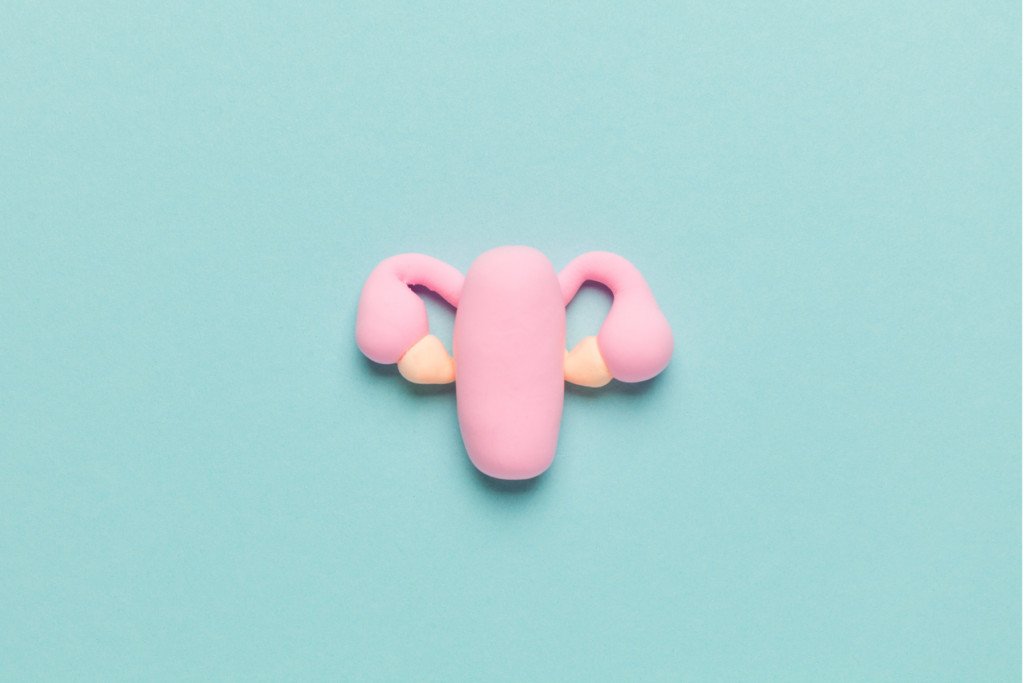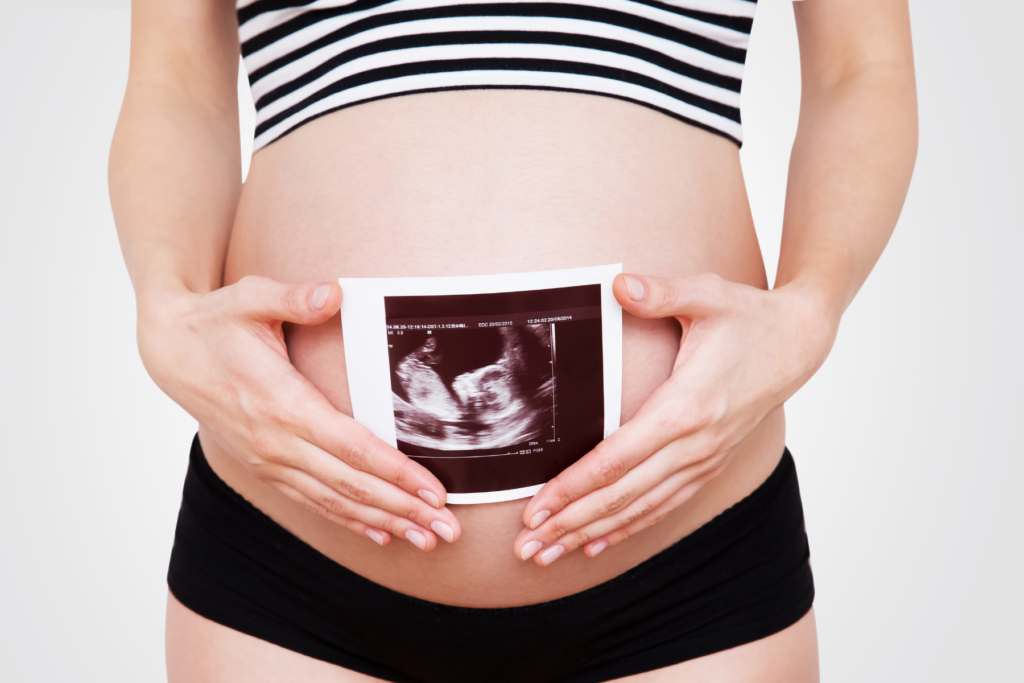What is Hypothalamic Amenorrhea?
February 21, 2022

Hypothalamic amenorrhea (HA) describes the lack of a menstrual period for 3+ months, or a menstrual cycle consistently longer than 45 days.
Losing your period for a while may seem like a blessing at first. However, developing HA can mean that your body is not functioning properly for one reason or another.
All in all, NOT having a period is unhealthy and can result in long-lasting health issues.
What is Amenorrhea?
Amenorrhea means lack of a menstrual period and is classified into two types. Primary amenorrhea is when a female has not yet started their period by the age of 16. Secondary amenorrhea occurs when a person who has had a period loses it for 3+ months.
What is Hypothalamic Amenorrhea?
Hypothalamic amenorrhea (HA) is the most common cause of secondary amenorrhea.
Gonadotropin-releasing hormone (GnRH) triggers the release of follicle stimulating hormone (FSH) and luteinizing hormone from the pituitary in the brain. Together, these hormones are responsible for stimulating periods. In HA, the release of GnRH is impacted. As a result, a period cannot occur.
The Cause of Hypothalamic Amenorrhea
There are several factors that can cause HA. If any one of these factors are present, the hormones that trigger ovulation may be affected.
Stress
Life can be stressful. The stress brought on by work, family, friends, the news and just life can impact your period. The stress hormone cortisol can reduce levels of GnRH and result in HA.

Calorie Restriction
HA is common in women that have restrictive eating behaviours or have eating disorders.
When the body has limited energy as fuel, issues can arise. Body functions like reproduction and the menstrual cycle are not considered essential for survival. Thus, the body reserves the little energy it has to fuel functions like breathing, thinking, and keeping our heart beating. Periods on the other hand, are put on hold.
Women eating less than 30 kcals/kg are 50%+ more likely to experience some kind of disturbance to their period.
Over-Exercising
Movement is important to support the health of our heart, muscles, bones, and mind. However, exercising too often, too intensely, or for too long can majorly impact hormones.
Hypothalamic amenorrhea is more common among athletes. It often occurs as part of the female athlete triad. This triad describes low energy intake, a loss of period, and a loss of bone density.
Excessive exercise lowers the levels of the hormone leptin in the body. This hormone typically plays a role in signaling fullness. When leptin levels fall, they also impact the release of GnRH, thus impacting periods as well. Learn more about intuitive exercise HERE.
Weight Loss or Low Body Fat
As we mentioned above, HA is more common among athletes. In particular, athletes involved in aesthetic sports such as dance, skating, and running are most often affected.
Aesthetic sports may encourage athletes to maintain a low weight and low body fat to “enhance” performance. However, being underweight and having a low body fat percentage not only negatively impacts performance, but impacts hormones too.
Studies suggest that there is a critical threshold for body fat percentage to maintain periods. Having low body fat also lowers leptin levels and impacts GnRH release. When body fat drops below 22% in women, HA can occur.
To learn more about healthy body fat percentages check out our blog post on this topic HERE.

Other Medical Conditions
Many cases of HA are a product of poor diet and excessive exercise. However, some medical conditions can cause a lack of periods as well.
For example, women with Polycystic Ovarian Syndrome (PCOS) can experience a lack of period. Thyroid conditions can be the cause of amenorrhea too. Finally, tumors on the pituitary gland can impact hormone production and ovulation.
Why Does it Matter?
Again, having no period may seem pretty great at first. However, the complications of hypothalamic amenorrhea can be long-lasting.
Decreased bone density is one of the major health impacts of HA. As HA progresses, bones become weaker, less dense, and are more likely to fracture. Because bone density cannot be rebuilt past our early twenties, women with HA are at risk of developing osteoporosis.
Women with HA can also be more likely to develop cardiovascular disease, anxiety, and/or depression. When left untreated, hypothalamic amenorrhea can impact a woman’s fertility and ability to get pregnant as well.

No Period, Now What?
If action is taken, hypothalamic amenorrhea can be cured. The first step in treating HA is addressing the underlying cause. Oftentimes treatment can involve changing your diet and your lifestyle. Increasing the amount of food you eat, adjusting your exercise routine, and finding ways to manage your stress may help you to get your period back.
It is important to work with a healthcare professional team when recovering from hypothalamic amenorrhea. Be sure to discuss with your doctor and seek support where you need it.
If you are looking for nutrition support for hypothalamic amenorrhea, consider reaching out to our non-diet dietitians. Our team is experienced in supporting athletes, female athletes, individuals with eating disorders, and individuals with HA.
Check out our services HERE to learn more.